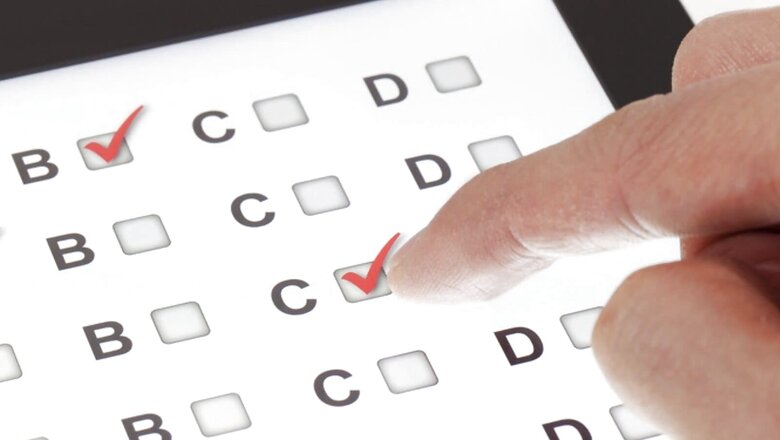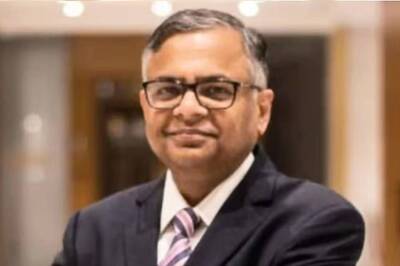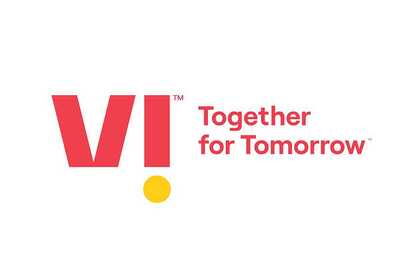
views
Most of the national-level exams held in 2021 were marred by cheating. From the hacking of exam centres to take exams on behalf of students from a remote location in engineering entrance – JEE Main to a gang impersonating as students to attempt medical entrance — NEET. In many others, like UPTET, leaked questions papers were making rounds on social media groups. In the REET 2021, held on September 26, candidates were found wearing Bluetooth fitted slippers which were sold to the aspirants for 5-6 lakhs each.
With the advancement in technology to conduct exams, unique ways of cheating in exams were also reported. During online exams screen sharing or mirroring, impersonation, seeking help by remotely using software, sending screenshots or images to experts, and the use of external resources was used in several exams. Meanwhile, in the offline exams, students generally adhere to impersonation, disruptive behaviour, improper calculator use, using cheat sheets to copy, etc.
Also read|UPTET to NEET: Major Cheating Scandals & How They Were Carried Out
With ever-increasing competition, students are giving more importance to marks and end up falling prey to cheating scandals. Those who are not part of it also find it hard to complain due to fear.
Ruchir Bansal, JEE Main 2021 topper, said students also do end up sharing question papers willingly or unwillingly. Sometimes, in a bid to help their friends, even if they know there’s a paper leak, they often stay silent because of the fear of exposing themselves in front of their friends.
Read | 117 ‘Fake’ Students Took Madras University Online Exams to Obtain Degree Without Admissions
“It is mostly about how the cheating scandals work out. There should be some helpline where the student can anonymously say that such an incident is happening. Students also end up sharing question papers and helping friends more than they should. Hence in such cases, there should be an anonymous helpline where if anyone who knows about such cases can give tips without revealing their identity. Students have worked hard for two years their efforts go to waste otherwise,” said Bansal.
Online Exams Increase Cheating
Cases of cheating have been on the rise after exams are being conducted in online mode, believe experts. “Online examinations bring additional challenges. There is no guarantee that the student who authenticates the exam is the one completing the same. It is very difficult to prove these unethical practices by virtually proctoring from a different location,” said Dr Vinayak Kalluri, Controller of Examinations, SRM AP.
“No one can deny the prevalence of cheating in exams in general. Students adhere to these means in general when there is the absence of proctoring online and offline,” explains Nishant Agarwal, Founder, Proctur.
Can Proctored Exams be a Solution?
Creating a cheat-proof exam environment is difficult offline and the possibility of data fudging is also high, said Agarwal. “Especially in the national level exams, the stakes are high, manual intervention in these exams can prove to be risky. Looking at the current scenario online exams are unavoidable, however, there are ways using which one can curb these practices,” he added.
There can be a candidate authentication process by asking for an approved ID card, sending OTP to registered mobile numbers, and matching the person on-screen with previously shared pictures.
Read| CTET’s First Online Exam Marred by Tech Glitch, Dec 16 Shift 2, Dec 17 Exams Postponed
Another effective way can be the use of AI-based proctoring and facial recognition for identifying any suspicious behavior either through image, video, or sound, suggested Agarwal. Advanced video proctoring and leveraging high-quality audio proctoring software can be of help to outsmart the students who use microphones and such connected devices for cheating will seal the deal.
Why Has Assessment System Not Changed Yet?
Some of the most common challenges during remote proctored online exam includes internet bandwidth and connectivity, lack of accessibility of devices (mobiles, computers, webcams), inability to understand the use of devices and technology, and the reluctance of stakeholders (students, college administrators), says Siddhartha Gupta, CEO, Mercer|Mettl.
“Remote proctoring is still at a nascent stage in India, institutes and proctored exam-platforms are working towards evolving fail-safe systems for effective remote proctoring in the country,” adds he.
As the digitisation of exams continues, maintaining exam integrity is going to be the biggest challenge. The response to this challenge will be in the form of robust proctoring technologies, said Gupta.
Awareness and trust need to be built among students and educators in regards to the modus operandi of proctoring. In addition, while designing proctoring solutions, student diversity is an important aspect that needs to be inculcated, he adds. “However, it’s imperative to remove false-positive violations by providing a protective human intervention layer in the proctoring technology. The provision of human intervention for falsely flagged instances can significantly reduce student anxiety and enhance examination integrity,” he added.
Read all the Latest Education News here




















Comments
0 comment